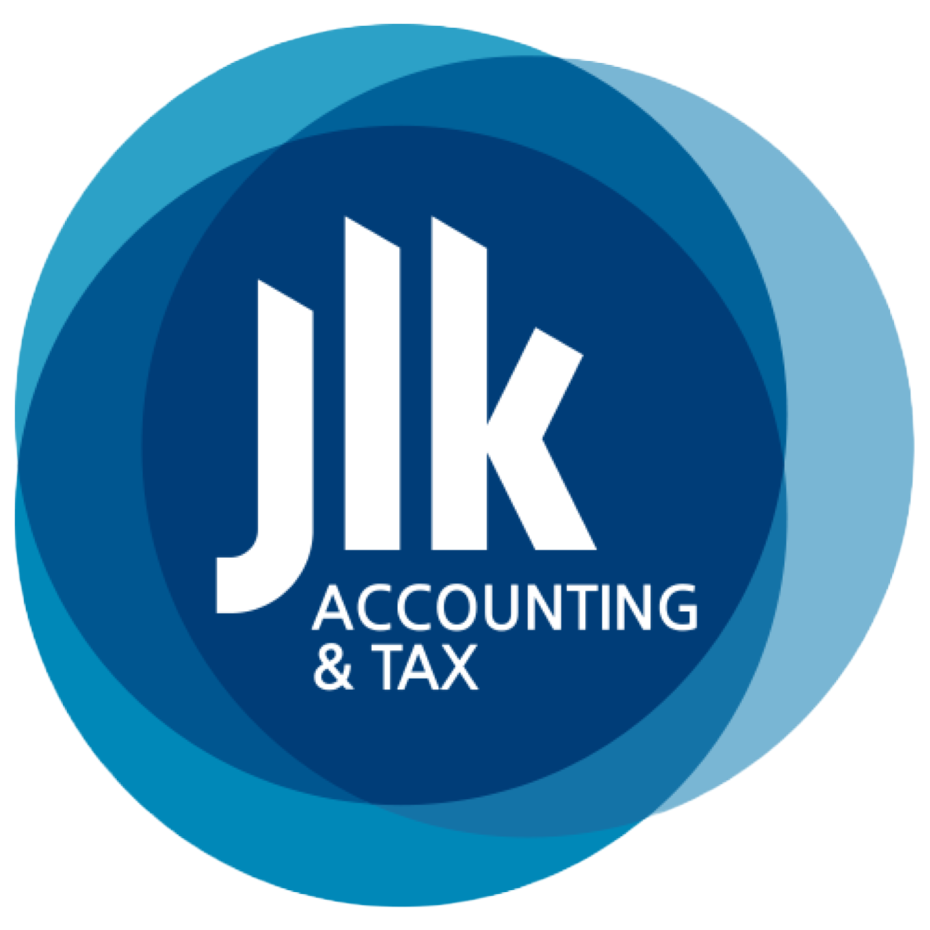Is a self managed superannuation fund right for you?
In the realm of Australian superannuation, individuals have the option to take the reins of their retirement savings through Self Managed Superannuation Funds (SMSFs). This avenue provides a unique approach to managing one's financial future, offering both advantages and challenges that demand careful consideration and it is recommended to get financial advice from a Financial Planner before commencing a Self Managed Superannuation Fund.
The pros
Control and Flexibility
One of the primary attractions of an SMSF is the level of control it affords. Members have the autonomy to make investment decisions aligned with their risk tolerance, preferences, and financial goals. This flexibility is particularly appealing for those who want a hands-on approach to their retirement savings.
Investment Choices
SMSFs offer a broader range of investment options compared to traditional superannuation funds. While industry and retail funds typically limit investment choices, SMSF members can invest in a larger variety of assets. This flexibility allows for greater diversification, potentially enhancing returns.
Estate Planning
SMSFs provide effective tools for estate planning. Members can structure their fund to include specific beneficiaries and ensure a seamless transition of wealth upon their passing. This level of customisation is particularly advantageous for those with complex family or financial situations.
Cons
Complexity and Responsibility
The very autonomy that attracts individuals to SMSFs also brings complexity. Managing an SMSF requires a good understanding of superannuation laws, compliance obligations, and investment strategies. Failing to meet these responsibilities can result in penalties and legal consequences. There are particular rules that apply to SMSFs of which the trustees of the fund must be aware and not breach. Breaches can result in punitive tax rates and enforced undertakings.
Costs
While operating an SMSF can save cost, if you are not skilled in the operation of an SMSF you can be dealing with a cost blow-out. There are establishment fees, annual audit fees, tax accounting fees, bookkeeping fees and ongoing administration expenses. While these costs can be offset by the benefits of control and potentially lower investment fees, they should be carefully weighed against the size of the fund and the expertise required to manage it effectively.
Limited Scale for Diversification if Small
While SMSFs offer greater investment choice, a small SMSF might limit the extent of diversification. Smaller funds may find it challenging to achieve the same level of diversification as larger institutional funds, potentially exposing members to higher risks.
Time and Administration
Managing an SMSF demands time and effort. From keeping abreast of legislative changes to ensuring compliance with reporting requirements, the administrative burden can be substantial. Individuals considering an SMSF must be willing to invest time in ongoing education and stay informed about their fund's performance.
In conclusion, the decision to establish a Self Managed Superannuation Fund hinges on a careful consideration of the pros and cons. While the allure of control, investment flexibility, and tax efficiency are compelling, individuals must also be prepared for the complexities, responsibilities, and costs associated with managing their own fund. Seeking professional advice from a Financial Planner and thoroughly understanding the implications of an SMSF are crucial steps in ensuring that this financial avenue aligns with one's long-term retirement objectives. Please note this article is not intended to provide Financial Advice and this firm does not hold an AFS License . Please seek your own financial advice from a Financial Planner before starting a Self Managed Superannuation Fund.
